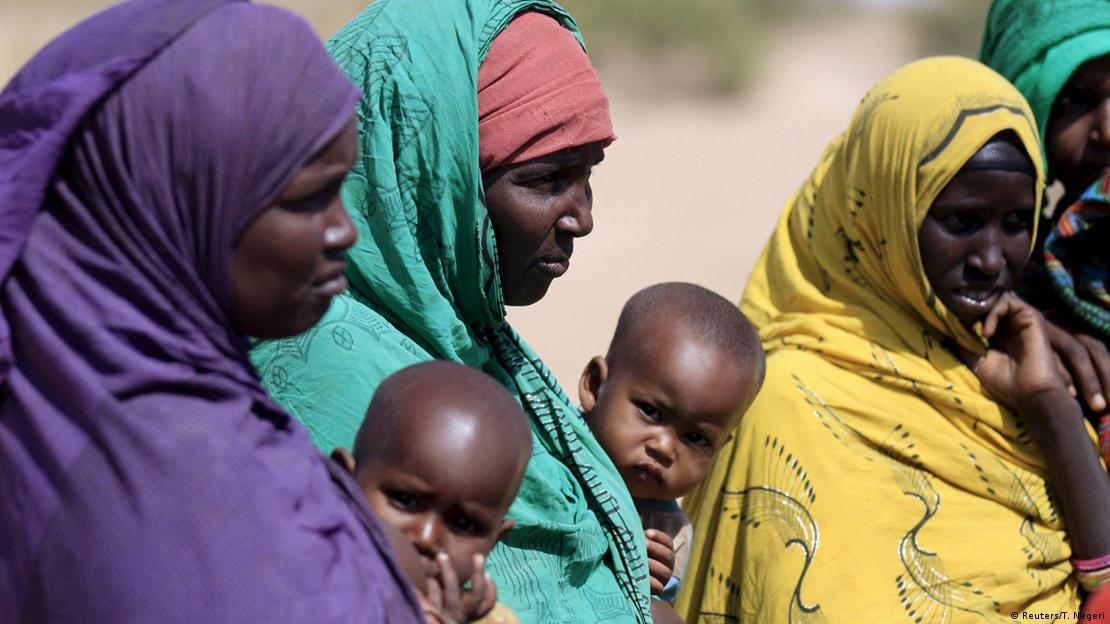Generally defined as a means of communication between people, language is one of the greatest characteristics of one or more cultural identities called upon to coexist peacefully in order to constitute a nation where the plurality of singularities is not a weakness but an asset that promotes national integration that foreshadows the need not to remain self-sufficient in a petty environment where growth at all levels depends on the quality of the ties we have with others.
Africans have always had ways of expressing their identity that even the unfortunate episode of colonization could not eradicate. From 1845, for example, missionaries from the Baptist Missionary Society in London used douala as a vehicular language, that is to say, used for exchanges between the different communities of the Cameroonian coast. They also undertook the translation of the Bible into this language. At that time, the douala language had the upper hand over the other Cameroonian languages. This superiority, which is now part of the past, was only the preliminary stage of a greater project, namely: to enable all the peoples of Cameroon to receive the word of God in their cultural context and also to appropriate what we consider as a colonial heritage to better integrate into the globalization process.
The role of co-official languages in the national unity of a country
National unity is a process that requires a constant effort from each of the members of the whole to have more meaning. If one considers that unity is essential to guarantee and restore peace, one would think that countries where the inhabitants all speak the same local language are more likely to remain united. But each country has its realities which, in fact, are challenges to be met in order to guarantee a peaceful and permanent coexistence, synonymous with the joy of living together. In Africa, for example, among country where african languages are exclusively official, we have Somalia (Somali) and Ethiopia (Amharic).
But that does not prevent the fact that peace is always threatened and the effectiveness of national unity from being doubtful. Unity is therefore in this case, an ideal that requires fighting against anything that could compromise or prevent its development. Countries with ethnic plurality must provide or legislate more laws that give legal status to local languages while putting on the same footing all the forms of singularity that make up the whole. There can be no unity without the feeling of belonging to the same nation and pursuing the same ideal. The unity of a country depends more to him than on any other foreign influence.

